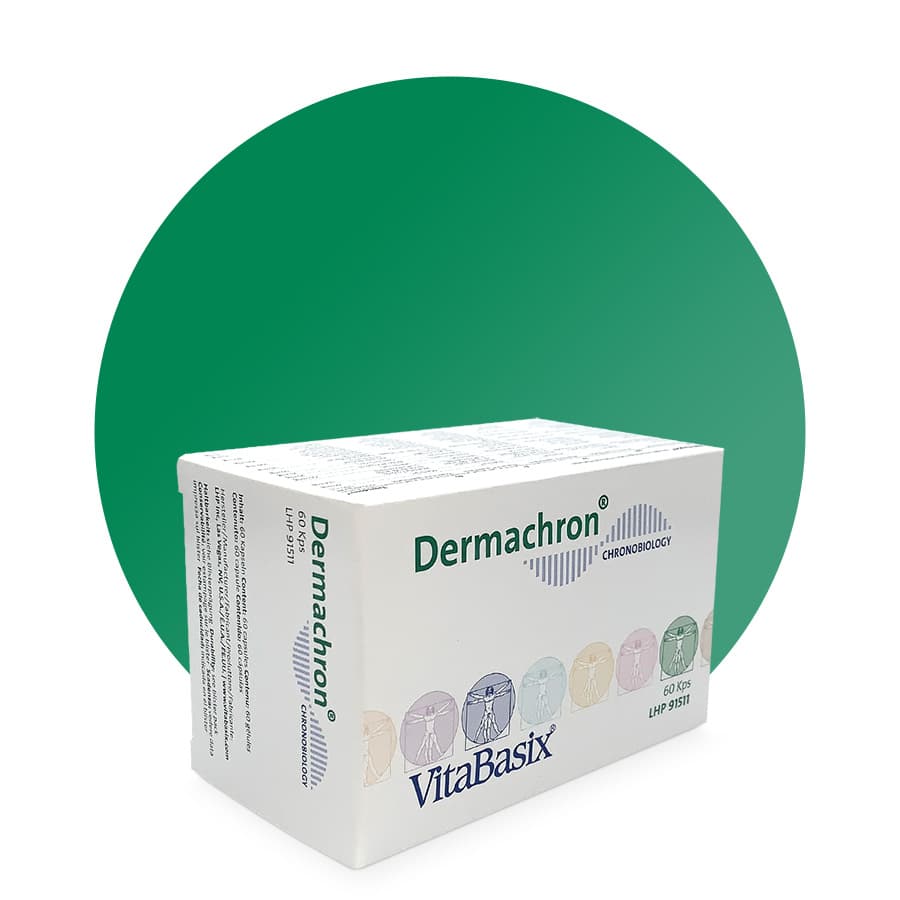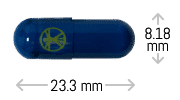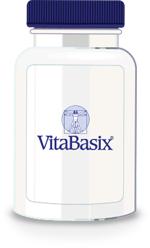As we age, our skin loses its natural ability to regenerate itself, leading to the first signs of ageing. In addition, harmful environmental influences and other factors such as stress promote the increased formation of free radicals in the skin. These cell-damaging, oxidising substances attack skin cells and are among the main causes of skin ageing; a process that can begin as early as the second decade of life.
The focus of the numerous therapy concepts of aesthetic medicine is the outer appearance. Wrinkles are injected, excess skin is removed, fat deposits are suctioned out. However, more and more people are becoming aware that in the long run a holistic approach is the better alternative.
It is not only health that comes from within – in a sense, it is also beauty. The newly awakened interest in holistic aesthetics also includes the integration of healthy nutrition, which considers a possible deficiency of the body’s own nutrients as well as the presence of an excess of substances foreign to the body. If important nutrients are taken in in a balanced form, this can also positively influence age-related changes in the skin and the condition of the skin as a whole.
Up to eight different factors can cause skin problems. First and foremost is the need to support optimal blood supply to the skin. General ageing can also be caused by excessive stress, which affects the skin. It is not uncommon for cell regeneration to be slowed down or impaired as well. When the skin suffers due to these factors, it loses its radiance. Finally, the skin’s ability to retain moisture also decreases.
Certain micronutrients and trace elements are essential for the renewal of the structure of the skin tissue. A deficiency of these elements can have a negative effect on the skin’s appearance.
The following nutrients can have a positive effect on the skin:
White tea leaves: These valuable ingredients, which are contained in the unopened leaves of the tea plant covered with white down and are absorbed through the tea made from them, can help to keep blood pressure within the normal range, while their polyphenols can support normal cell growth. In addition, they can have a positive effect on the elasticity of the skin and support skin regeneration.
Burdock root: Burdock (Arctium lappa) belongs to the daisy family. The plant is native to Europe, northern Asia and North America. The most important constituents are inulin, lignans (arctiin) and mucilage. The plant also contains small amounts of essential oils, plant acids and sulphur-containing polyynes. Burdock root extract can help against skin blemishes and skin irritations, stimulate the metabolism and promote excretion through the skin.
Red clover flowers: Are rich in isoflavones. Can help stimulate blood circulation and promote a smoother and firmer complexion. Presumably, they also increase the skin’s elasticity and counteract skin impurities.
Dandelion root: Contains bitter substances and important minerals. Can have a positive effect on skin metabolism and promote the skin’s ability to regenerate.
Milk thistle seeds: These seeds are rich in flavonoids, sterols and oils, which can help to reduce skin dryness and wrinkles, among other things. Since the plant has a positive effect on liver function, the appearance of the skin can also improve noticeably.
Horsetail: Has a high content of silicic acid, which has a draining effect and can strengthen the connective tissue. It can also promote the elasticity of the skin and positively support the skin’s overall appearance.
Vitamin C : Especially citrus fruits of all kinds are rich sources of vitamin C, but also broccoli, red peppers and currants. Cauliflower and strawberries also have a high ascorbic acid content. Vitamin C is a water-soluble vitamin and is considered an essential nutrient. This vitamin can protect the skin from irritation and environmental stress as well as promote the skin’s ability to regenerate.
Grape seeds: Grape seeds provide OPC, a nutrient with a strong cell-protective effect, which is even stronger than vitamin C and vitamin E. OPC can have a positive effect on collagen production in the skin, as well as positively supporting skin ageing.
Marigold blossoms: These blossoms contain, among other things, valuable flavonoids that support the renewal of cells. At the same time, they can help against dry skin and promote the formation of new skin tissue.
Aloe vera leaves: Aloe vera also has positive effects on the skin. The gel it contains consists mainly of water, which provides the skin with the moisture it needs and soothes it at the same time. Thus, the plant helps to soothe skin irritations and tighten the skin.
Hyaluronic acid: Foods such as meat, bone broth, but also potatoes contain a lot of hyaluronic acid. Hyaluronic acid is the main component of the synovial fluid between the joints. At the same time, it stimulates the formation of collagen and elastin. This is important for building firm and taut connective tissue. An optimised supply of hyaluronic acid thus contributes to firm skin and regulates the moisture film on the skin from within.
Other valuable nutrients to promote the skin include lutein, zeaxanthin, MSM, selenium, alpa lipoic acid and vitamins.






 Chronobrands
Chronobrands




Reviews
There are no reviews yet.